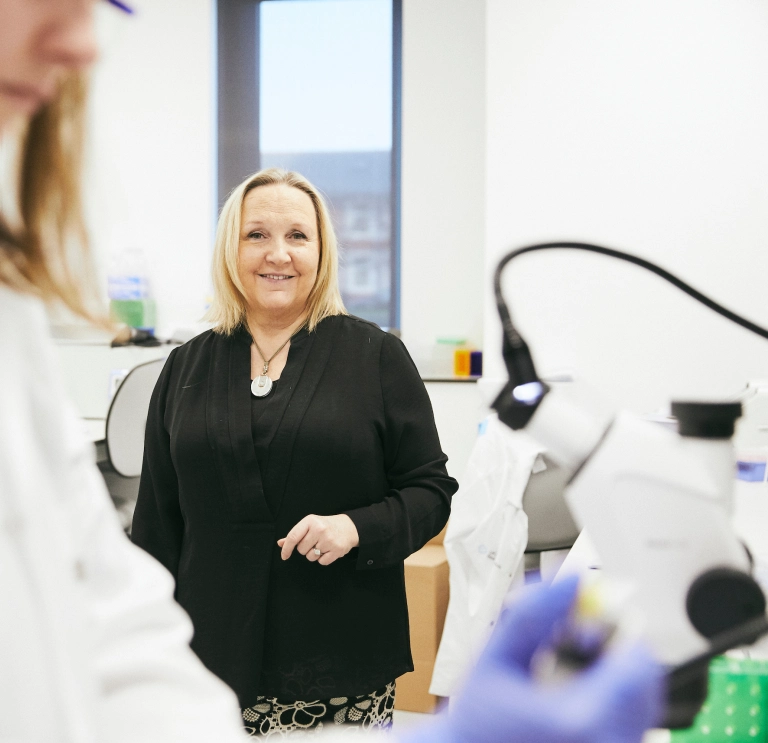Professor Julie Williams CBE is one of the world’s most eminent figures in Alzheimer’s disease research. She is director of the UK Dementia Research Institute at Cardiff University, which opened in 2018 as part of a £250m initiative to study neurological disease. She was Chief Scientific Adviser for Wales from 2013 to 2017.
I was delighted when the UK Dementia Research Institute opened in Cardiff
It’s something we knew we needed. Around 2009, some very interesting results began to emerge in genetics, which made us think about diseases such as Alzheimer’s in a different way. This research strongly implicated the immune system in the causes of these forms of dementia. The next step in that scientific investigation is to find out exactly how the processes involved in immunity are contributing to Alzheimer’s. That’s one of the major questions that the Dementia Research Institute in Cardiff was set up to answer.
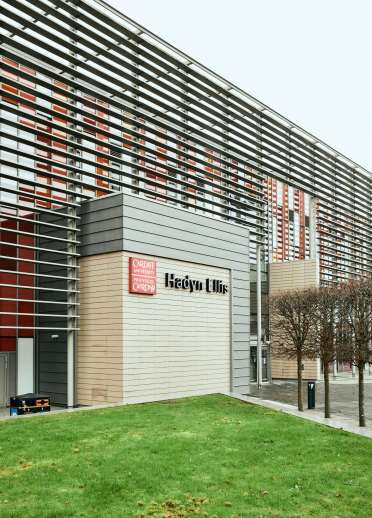
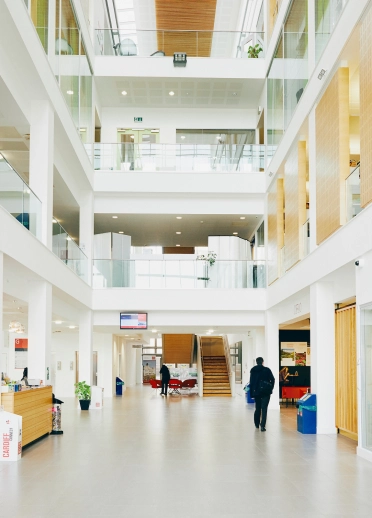
Dementia is the greatest health challenge of our age
We know it’s now the most common cause of death in the UK – but compared with cancer, for example, we have relatively little understanding of it. That’s all down to resources. A lot of money started going into cancer research 30 years ago, and the level has been maintained since. We’re now seeing results, and less than 50% of people diagnosed with cancer will die of it. With dementia, we just have to invest in research. It takes time and expertise, but it’s the only way to get the answers and find new treatments.
Professor Julie WilliamsIt takes time and expertise, but it’s the only way to get the answers and find new treatments."
Scientists in Wales are among the most productive, innovative and inspirational in the world
They operate at a very high level, and we need more of them. When I was Chief Scientific Adviser, I was determined to grow the number of scientists in Wales. We ran the Sêr Cymru scheme to recruit some real stars and bring them here, founding prestigious new research chairs and fellowships for them at our universities. We were able to find funding to get more than 200 of these individuals and their teams, and the scheme is still active. It’s a great success, allowing us to fill gaps in our research and build on our existing strengths within Wales.
Where we’ve led, the rest of the UK has followed
I’m very pleased that the Welsh model has been adopted at a UK-wide level. UK Research and Innovation, the central research funding body, now runs a fellowship scheme similar to Sêr Cymru, to bring talent into British universities. It builds on what we achieved in Wales. I worked with them to help design it.
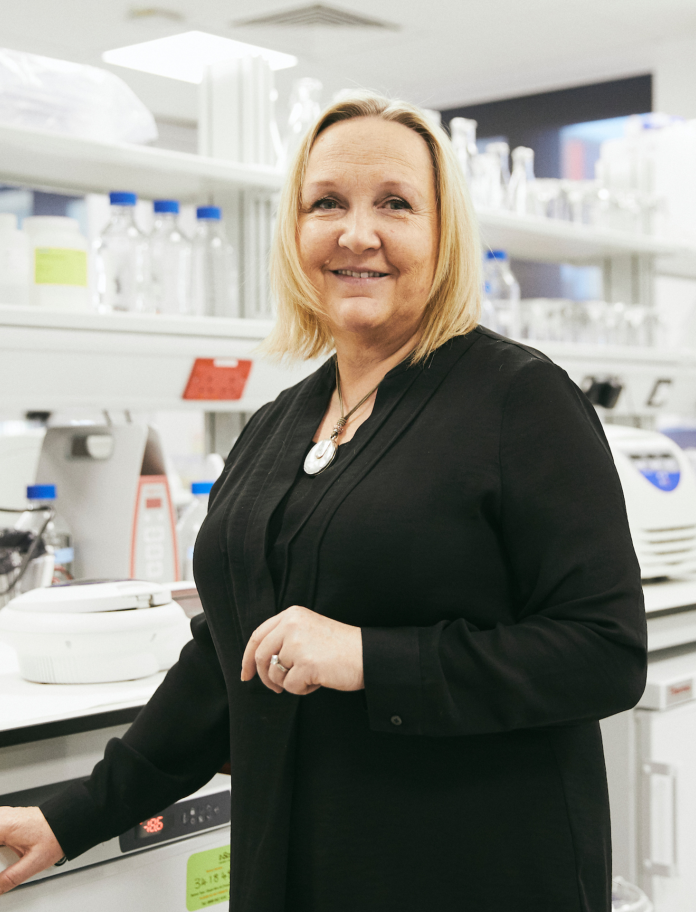
A strong scientific community means a strong economy
By increasing our knowledge base in Wales, we also increase the potential for innovation and spin-offs from our research. This feeds directly into economic development. At the UK Dementia Research Institute, we’ll soon have around 150 people in post, the majority of whom are funded from competitive grants.
Indeed, each university funded post has attracted around 10 additional jobs to Wales. We’ve been able to bring back people who have worked in very well-paid positions in the United States for the past seven or eight years. When they produce ideas for new treatments and ways of diagnosing disease, these will result in innovations, new therapies and spin-out companies. All of this could have enormous economic benefit.
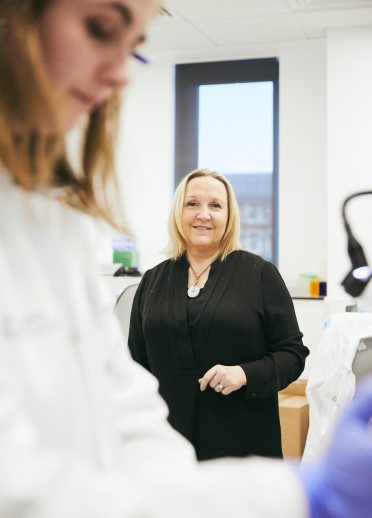
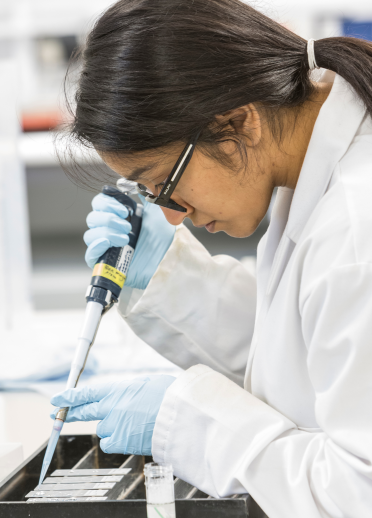
Getting more women involved in science is vital to our success
In the past, the number of females has dropped off as you proceed further along the career pathway – especially in the years when people are starting families. We can’t afford to lose all this talent from our academic and industrial workforce. I commissioned a report that helped to make a difference to the gender balance in STEMM subjects (science, technology, engineering, mathematics and medicine) in Welsh universities. This work is ongoing. I’m also involved with a working group that’s taking steps to increase the opportunities for women to achieve their full potential in industry.

